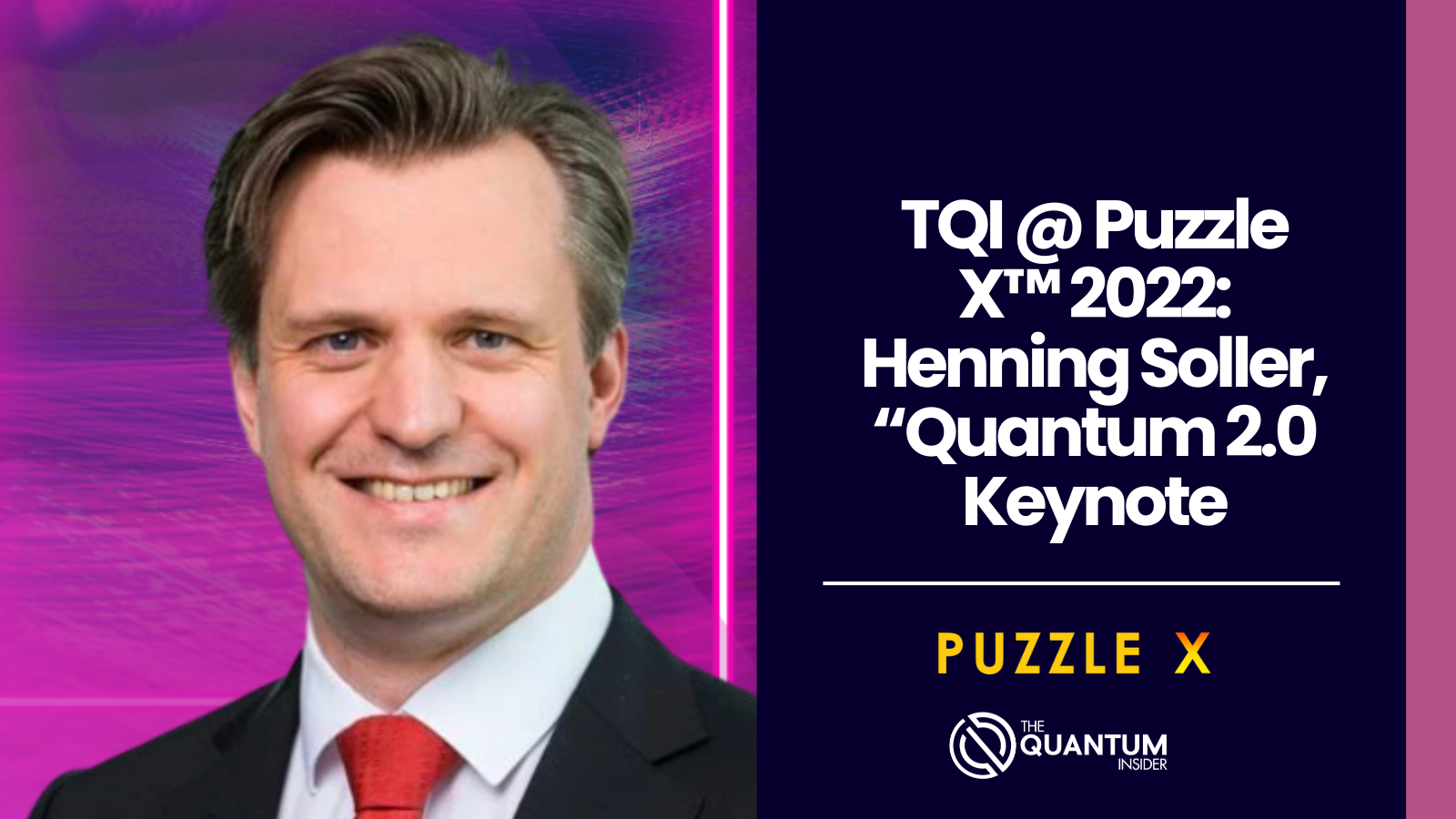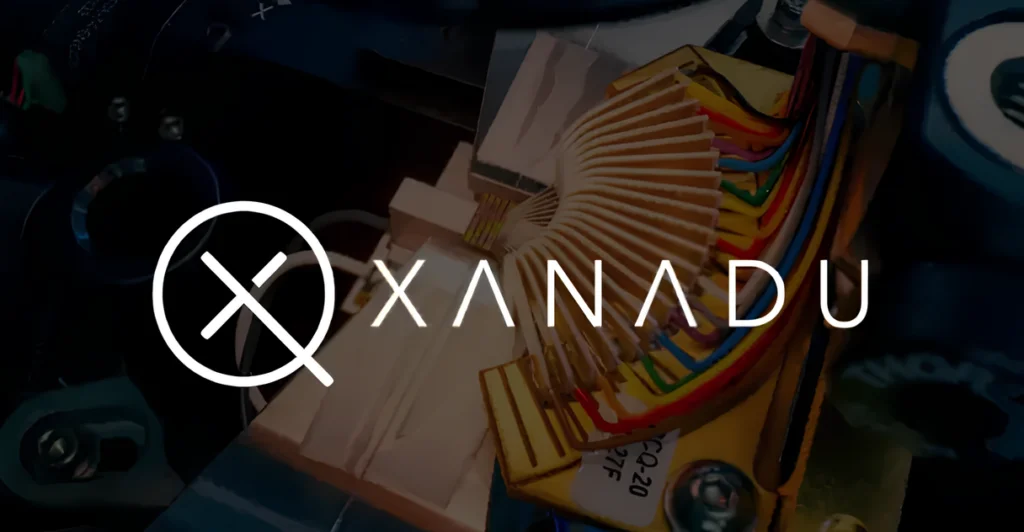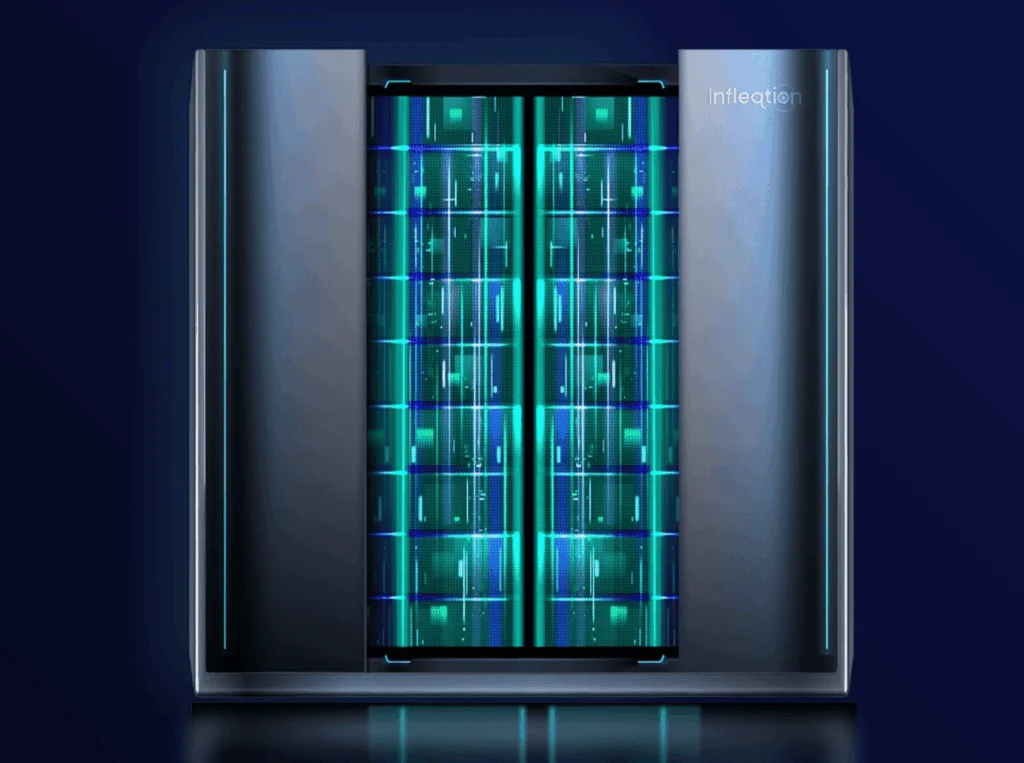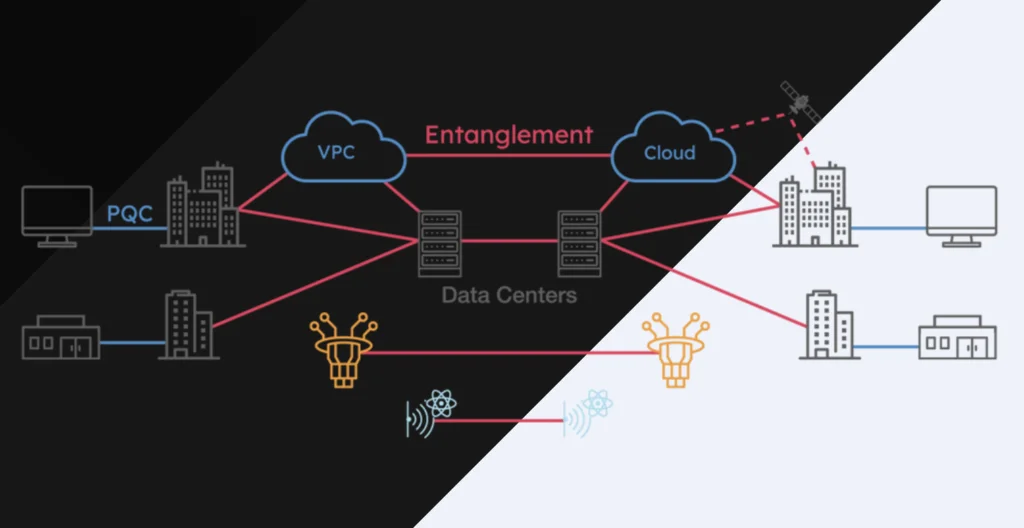Million-dollar Grants
A Partner with McKinsey & Co, a global management consulting firm, Henning Soller was invited to Puzzle X™ for a keynote on Quantum 2.0. With experience advising and serving banks throughout Europe and the Middle East on their large-scale IT and data transformations, Soller’s knowledge in quantum computing and its industrial applications — clearly evident in the article Quantum computing funding remains strong, but talent gap raises concern published this year — was something he wanted to share with the audience.
“The first thing I want to talk about is I remember the days when I was a Ph.D. student and we were talking about quantum computing and we were fighting for two-million-dollar grants, one-million-dollar grants, in order to get first research grants funded,” said Soller to begin his keynote. “Today we see that there are three-hundred-million-dollar projects from the state of Bavaria. There are billion-dollar projects from the European Union. We’ve also seen the massive projects the Chinese have recently set up around quantum computing. This shows us that this has moved from the child’s play of theoretical physicists to reality. And the actual thing that we see in addition to all the public investment that is coming in is the investment that we see coming in from the VC funds.”
Not Only One Market
Establishing that real interest is being invested into quantum technology, going beyond the pure scientific hobby interest in establishing quantum technology, Soller then said what his company is doing in the space, which is essentially for McKinsey to develop a prospective and to also advise its clients in terms of what quantum 2.0 is and how to make it a reality.
“Quantum technology is by no means the one market,” said Soller. “There are quantum sensors, quantum key distribution (QKD), quantum cryptography, and, of course, there is quantum computing. The first thing that we [McKinsey] realized when we did an estimation of what is the potential this technology can have on the economy worldwide, is it can be massive, there are uncertainties and lastly, there are large variances in timescales.”

Soller then explained McKinsey’s analysis of the typical use cases where quantum computing can be applied to each of the different industries — what the company realized was interesting.
“There is a big market for quantum communication but only if we are able to tackle the key use cases in the simulation and optimization spaces and a supremacy of quantum technology for those use cases where we already know that HPCs and traditional computers are already very good at with existing heuristics,” said Soller.
Soller also noted that McKinsey has seen that the quantum sensing market is a lot more predictable because it is not just one thing that needs to be built, meaning the one quantum computer, but there are many use cases that are out there, a manifold of different sensors.
The Market is Coming
“We are sure that there is a market, but the question again is when will these technologies be able to overcome and be more precise, more cost-efficient than all of the classical technologies that we currently have available,” said Soller, before adding: “Of course, we see things out there on quantum communications. This is the market today where we see the first viable companies, that have revenue, that have a proper P&L (profit and loss), they’re not just research agencies. So we can really see a market is coming.”
The topic then moved to hardware:
“We’ve all heard of the helium crisis, there is a market that is out there that is simply investing into the equipment, the components in order to build these quantum computers today. Dilution refrigerators — for instance — is a very well-established market,” said Soller. “Now, where all the VC money is pouring in is in the space around hardware. This is where we see most of the money going, but essentially what is the important question is what is the target technology that will win this market in the first place and what is the future outlook of this market in itself?”
Soller, however, warned that the industry doesn’t want to have quantum computers that are just hardware.
“We want to have quantum computers that enable us to solve certain problems. The question is, do we get to the software, do we get to applications or to services? This is the market where we see the first startups arriving. But it’s not a market that is super well developed,” said Soller, adding that development on quantum computers currently is very ‘semi-professional’ when measured up against the classical computer market.
Problem of Qubits
A lot of R&D still required to get it to a level of maturity that is market-ready, McKinsey has analyzed the current state of play and target technology for a quantum computer.
“This is a very multidimensional problem,” warned Soller. “There are numerous things we need to consider. Whether it’s qubit fidelity, the coherence of the qubits. Whether we can manufacture those respective devices at scale.
The speaker also declared there are still many obstacles to overcome, the main one being what is the target technology for quantum computing.
Soller finished his keynote with this:
“When we talk to a lot of the quantum companies today, they all talk about quantum supremacy. When will our quantum computer be more efficient and reliable than the classical system we have at hand?”
While still a long way away, quantum 2.0 is here, and it’s not going anywhere. We all better get used to it.
For more market insights, check out our latest quantum computing news here.
















